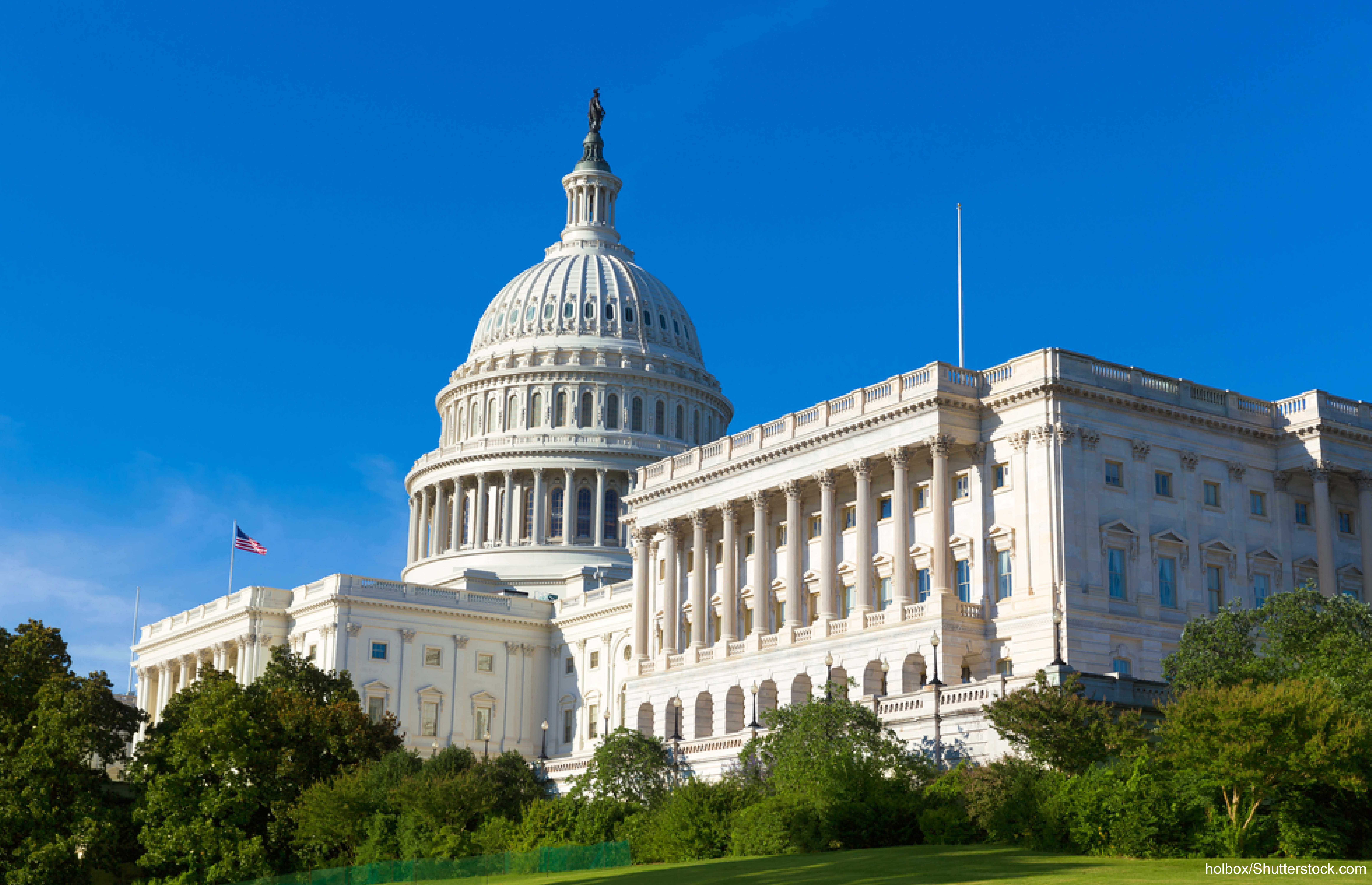The only way to escape the debt trap: reform entitlements
Nov 21, 2012
When 232 business leaders sign on to a letter that asks the federal government to fix our unsustainable debt trajectory, someone should be listening. As this quick blog from the Heritage Foundation points out,
This year, federal government spending outlays totaled $3.6 trillion, while total revenue fell short at about $2.5 trillion. Mandatory spending—on Medicare, Medicaid, Social Security, and other social programs—accounted for 62 percent of total spending in 2012, and it is expected to rise to 67 percent of spending over the next 10 years. The letter links the rising costs of entitlement programs to changing demographics, noting that “unlike other aspects of the entitlement debates, demographics are facts.
With an aging baby-boomer population, the worker-to-beneficiary ratio for Medicare will continue to fall. In 1965, at the start of the program, there were 4.6 workers to every Medicare beneficiary. But, in 2011, that number had fallen to 3.3 workers per Medicare beneficiary, and it is projected to fall further, plummeting to just 2.3 workers per beneficiary by 2030. This means fewer and fewer workers will be paying for the benefits of Medicare recipients. Combining that fact with rising health care costs, it becomes clear that Medicare as it is currently structured is unsustainable.
If we fail to make real reforms to those programs, it will not be possible to pay for them even with confiscatory tax regimes like the apparent 91 percent golden heyday, for which left wing economist Paul Krugman seems to profess such nostalgia.

